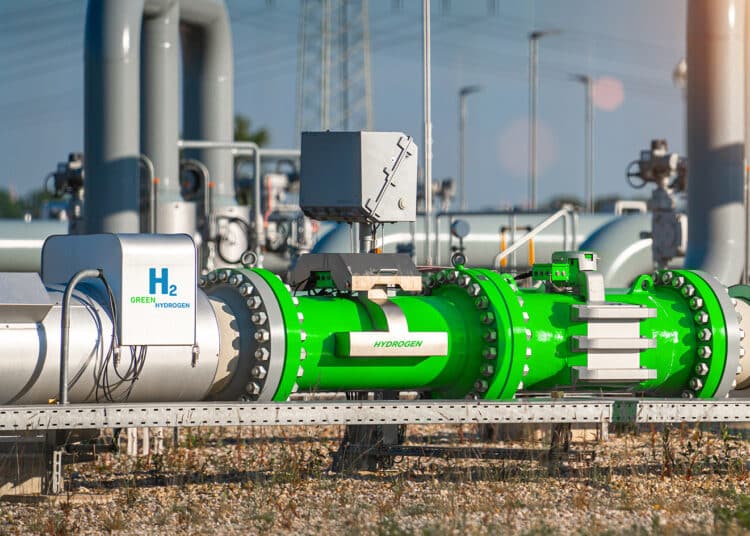In the midst of an energy transformation, hydrogen is shaping up to be a central player in the future of global energy. Despite a surge in investment, fueled by remarkable projects particularly in China, the sector is far from free of uncertainties. While projects abound, challenges of insufficient installed capacities, vague demand, and precarious regulations hinder its takeoff. The time has come for decision-makers and developers to overcome these obstacles and propel hydrogen towards a sustainable horizon.
The International Energy Agency highlights a significant increase in investments in hydrogen over the past year, particularly due to the proliferation of projects in China. Despite a doubling of investment decisions, the sector still faces considerable uncertainties. With low installed capacity and weak demand, only 25% of hydrogen production projects are currently underway. This figure falls well short of global climate targets. Challenges include regulatory uncertainties, financial barriers, and issues related to the supply of electrolyzers.
In the face of these obstacles, policymakers and developers must focus on solutions to stimulate demand while reducing costs. The main challenge is to promote low-emission hydrogen production to overcome the dominance of that derived from fossil fuels with high CO2 emissions. Green hydrogen production is essential, but it can only grow with cost reductions and technology improvements.

The rise of investments in hydrogen: promises and challenges
The recent growth in hydrogen investments reflects a renewed enthusiasm for this alternative energy source. According to a report from the International Energy Agency, final investment decisions for hydrogen projects have doubled in a year due to a massive push from China. Although these developments are promising, numerous obstacles remain to be overcome. The main challenge lies in insufficient installed capacity and limited demand, which are significant barriers to progress. The road to meeting global climate targets still seems long.
At the same time, only a quarter of low-carbon hydrogen production projects are currently underway. This figure reveals a shortfall compared to the goals set by international agreements. Regulatory uncertainties, financial barriers, and delays in license granting add further complexity to the hydrogen landscape. Developers and policymakers must join forces to create the right conditions for a sustainable takeoff of the sector.
Barriers to the expansion of the hydrogen market
A major impediment to hydrogen expansion is the lack of clarity in demand signals. The sector struggles to identify and mobilize a viable market, notably due to a landscape still dominated by hydrogen production from fossil fuels. However, the development of electrolyzers, key equipment for renewable hydrogen production, is also lagging behind. Supply chain issues and price pressures only add to the uncertainty.
For hydrogen to become a viable alternative, investors must also face increasing costs and the need for new technologies. In 2024, as suggested by this renewable energy analysis, the structural and economic challenges of low-carbon production remain numerous. The balance strongly tilts towards a future where technological development must intensify to reduce production costs and meet demand.
Future prospects for the hydrogen sector
Despite the challenges, the potential of hydrogen as a pillar of the energy transition remains colossal. Initiatives such as those from the European Union, aiming to invest massively in green hydrogen, demonstrate a continued commitment. France, for example, is active in developing gigafactories to boost this sector. The evolving political framework strongly influences the direction and pace of investments.
To strengthen the position of hydrogen as the fuel of the future, stakeholders must focus on long-term flexibility and resilience in the face of global economic uncertainties. This evolving status quo requires not only enhanced political support but also intense international cooperation. We are witnessing an increase in research and initiatives promoting sustainable development, which is becoming crucial in a world seeking clean energy solutions.
Décarboner grâce à l'hydrogène vert ! @haulottegroup ,@Bouygues_C Matériel, Bouygues Habitat Social, ainsi que les entreprises RotH2 et @H2_SYS ont réalisé la première nacelle élévatrice à hydrogène vert sur le chantier de Saint-Cyr-l'École. ?
— Equans France (@Equans_France) October 18, 2024
? Un premier test relevé ! pic.twitter.com/ylrE2TjQzD
Articles similaires
Thank you!
We will contact you soon.














